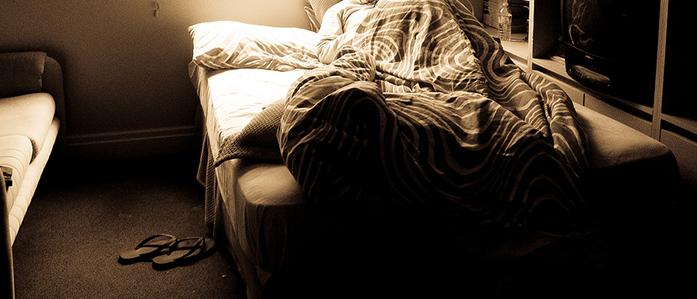By Marcus Brown
My opinion of Airbnb has fluctuated wildly in the past few years, and it has been affected both by the company’s rapid growth and my own personal investments in its operations. There was a time in which I found myself working as an unlicensed contractor of sorts living in a Brooklyn rental in which I would sleep in a tent pitched in the living room after spending the day assisting in the unit’s renovation. Recently, I found out that my father is planning on turning our old house into an Airbnb as well.
I know firsthand the ethical implications of living in and operating an Airbnb, implications exponentially more complicated when considering the geographic context of New York. As a result, I find myself ambivalent when considering the legislation passed Oct. 21 by New York Democratic Gov. Andrew Cuomo that would impose fines on those advertising short-term rentals that fall below 30 days and the corresponding lawsuit brought up in retaliation by Airbnb.
Airbnb has been a contentious addition to cities all over the country and for good reason, given its potential to destabilize local hotel industries and real-estate markets. The introduction of Airbnb can also be viewed as the warning shot signaling an imminent wave of gentrification that would threaten pre-established community dynamics and eventually push lower-income residents outside their homes. At the same time, Airbnb does offer the opportunity for people to earn income and experience living in areas that lie outside of the traditional realm of hotels or bed and breakfasts. Furthermore, it can make the experience of travel more intimate and human by being granted the vantage point of an actual inhabitant of the area one is visiting.
The arguments against Airbnb are not recent phenomena, and regulations that would impair Airbnb’s operations in New York have been in place for years, such as the law restricting people from subleasing entire apartments for fewer than 30 days. However, as is often the case, the laws and the practice do not always coincide. Short-term rentals are lucrative endeavor, and especially so for New York hosts, who earned “about $1 billion in revenue last year” for Airbnb, making the city Airbnb’s most profitable locale.
Even the hefty fines that will range “between $1,000 and $7,500” will more than likely do little to deter the supply and demand that makes short-term Airbnb rentals so sought after. More than anything, it would seem as though Airbnb is succumbing to the pressure placed on any lofty, seemingly benevolent business venture in a capitalist society. In theory, people should be able to rent the spare rooms or unoccupied apartments to people in a manner that coincides with the socioeconomic low impact Airbnb tries to promote without concerns over discriminatory housing practices and pervasive greed tainting the entire operation. However, that is not the reality we live in.
I support the idea of Airbnb rentals, but I cannot holistically support the practice because ultimately, even the most well-intentioned business models can become an instrument of exploitation and discrimination simply dependent on the person using them. While all of the users of Airbnb, whether they be host or guest, may not actively engage with the aspects of the service that contribute to its at times parasitic relationship to the surrounding area, it is not to say that they are entirely innocent, either. Ideally, businesses should be trusted to operate in a manner consistent with the moral and ethical implications that arise from their operations, but when that proves impossible, it sometimes becomes necessary for an outside arbitrator to guarantee accountability.



